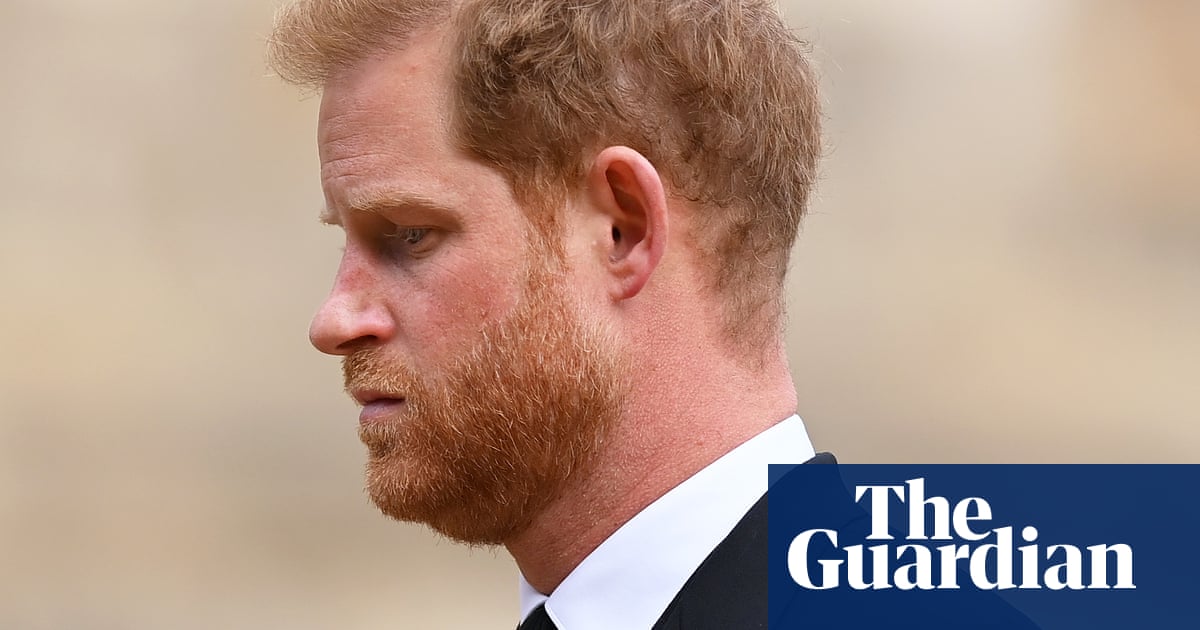TheBBChas admitted to “a lapse in our usual high editorial standards” over its coverage on Radio 4’s Today programme of the broadcaster’s recent interview with the Duke of Sussex.
The admission came after it failed to include responses from the Home Office and Buckingham Palace to allegations made by the duke.
Prince Harrygave an interview to BBC Newson Friday in response to the court of appeal’s dismissal of his case oversecurity arrangements for him and his familywhile in the UK.
On Saturday, the Today programme covered the duke’s interview in which he described his court defeat as a “good old-fashioned establishment stitch-up”. The programme also had an interview with the close protection expert Richard Aitch, where Harry’s “stitch-up” claims were “repeated”, the BBC said.
On itsCorrections and Clarifications website, the BBC said on Tuesday: “The programme covered the latest developments in the story of Prince Harry and his legal case around protection for him and his family in the UK and interviewed former close protection officer Richard Aitch to get a broader understanding of security considerations.
“Claims were repeated that the process had been ‘an establishment stitch-up’ and we failed to properly challenge this and other allegations. This case is ultimately the responsibility of the Home Office and we should have reflected their statement,” it said.
The BBC then included the Home Office statement: “We are pleased that the court has found in favour of the government’s position in this case. The UK government’s protective security system is rigorous and proportionate. It is our longstanding policy not to provide detailed information on those arrangements, as doing so could compromise their integrity and affect individuals’ security.”
The broadcaster said it should also have given the view of Buckingham Palace. The palace statement after Friday’s ruling read: “All of these issues have been examined repeatedly and meticulously by the courts, with the same conclusion reached on each occasion.”
The BBC added: “This was a lapse in our usual high editorial standards.”
During the Today interview, Aitch, who is the director of operations at security services company Mobius International, said he “was shocked but certainly not surprised” at the judgment.
He claimed that the “provision of protection should not be based on legal argument”, but on assessment of “risk and threat against Harry” and agreed that it had been a “stitch-up”.
Posting on X afterthe BBC clarification, Aitch said: “There should not be any need to apologise BBC News for opinion-based interviews. Absence of a threat and risk assessment on Prince Harry where the focus is on legal process influenced by the recommendations of a committee that is not independent, it defines ‘stitch up’.”
